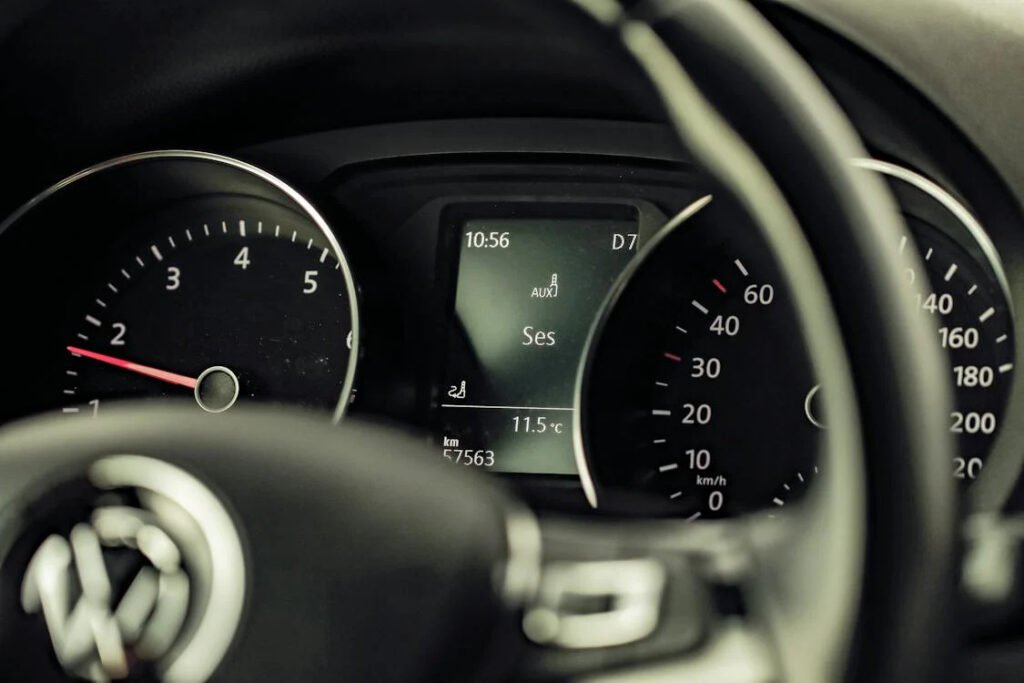
When it comes to vehicles, one of the most common questions that arise is whether a new engine means new mileage. Does a new engine mean new mileage? Many people believe that installing a new engine will automatically result in improved fuel efficiency and increased mileage. However, the reality is not that simple. In this article, we will dive deep into the relationship between a new engine and mileage, separating fact from fiction.
Understanding the Basics
Does a new engine mean new mileage? Before we explore the impact of a new engine on mileage, it is essential to understand the fundamental factors that influence a vehicle’s fuel efficiency. These factors include aerodynamics, weight, tire pressure, driving habits, and maintenance. While a new engine may play a role in fuel efficiency, it is not the sole determining factor.

The Role of Engine Technology
Advancements in engine technology have undeniably led to more fuel-efficient vehicles. Modern engines often incorporate features like direct fuel injection, turbocharging, and variable valve timing to optimize performance while minimizing fuel consumption. These technological advancements can contribute to better mileage, but they are not exclusive to new engines.
Engine Break-In Period
When installing a new engine, it is crucial to consider the break-in period. During this phase, the engine components settle and adapt to each other, optimizing performance. It is common for manufacturers to recommend a break-in period, during which the engine should not be subjected to excessive stress or high speeds. Following the manufacturer’s guidelines for the break-in period is essential for the long-term performance and efficiency of the engine.
Matching Engine Specifications
To achieve optimal mileage, it is crucial to ensure that the newly installed engine matches the specifications of the vehicle. This includes factors such as engine displacement, power output, torque, and compatibility with the transmission system. Mismatches in these specifications can lead to suboptimal performance and fuel efficiency, regardless of whether the engine is new or old.
Regular Maintenance and Tuning
Regardless of the engine’s age, regular maintenance and tuning are essential for maximizing mileage. Routine tasks such as oil changes, air filter replacements, and spark plug inspections can significantly impact fuel efficiency. Additionally, tuning the engine’s performance parameters, such as fuel-air mixture and ignition timing, can further optimize mileage. Therefore, proper maintenance practices are critical for achieving the best possible mileage, regardless of the engine’s age.
Can I change the mileage on my car?
Changing the mileage on a car is illegal and considered odometer fraud. Odometer fraud involves altering the vehicle’s odometer to change the number of miles indicated, and it costs American car buyers over $1 billion annually. While it is not illegal to change the speedometer, the actual mileage of the car will still remain the same. The displayed mileage on the speedometer is stored in the cluster and can be changed by certain companies, but this does not alter the actual mileage of the vehicle. It is important to note that committing odometer fraud is a crime, and federal law requires written disclosure of mileage on the title during vehicle ownership transfer.

Advanced Technology and Efficient Device
The Mileage Blocker is a compact device that utilizes state-of-the-art technology to prevent the vehicle’s mileage from being registered. By activating this innovative gadget, your car will cease to accumulate additional miles in its current data. Compared to existing alternatives, this cutting-edge method offers significant advantages. It’s important to note that the Mileage Blocker does not delete, roll back, or reset existing mileage. Instead, it simply prevents the addition of new miles while the device is in operation. This feature is crucial, especially if you have visited any garages where your mileage has been meticulously documented. Arriving with fewer miles on subsequent visits could raise suspicions. Unlike other OBD mileage correction programs, the Mileage Blocker remains undetectable. Once installed, no equipment or program will be able to detect the true mileage of your vehicle. This allows you to use the device for as long as you desire. Moreover, the Mileage Blocker offers a range of customizable settings to cater to individual preferences, providing flexibility and convenience.
Last Thoughts
While a new engine may contribute to improved fuel efficiency and increased mileage, it is not the sole determining factor. Various other aspects, such as vehicle aerodynamics, weight, driving habits, and maintenance, also play crucial roles. Does a new engine mean new mileage? To achieve optimal mileage, it is important to consider these factors holistically and not solely rely on the installation of a new engine. By understanding the basics, adhering to the break-in period, ensuring compatibility, and maintaining the vehicle properly, drivers can maximize their mileage regardless of the engine’s age.
Latest Posts
- 1
- 2
Is Buying a Car with Over 100k Miles a Good Idea?
April 10, 2024 - 3
Why Are High Mileage Cars So Expensive? – A Guide
April 5, 2024 - 4
Where Is The Mileage Located In A Car?
April 3, 2024 - 5
Whats High Mileage in Vehicles?
March 29, 2024 - 6
What’s The Gas Mileage On A Smart Car: A Comprehensive Guide
March 27, 2024 - 7
At What Mileage Should You Sell Your Car?
March 22, 2024 - 8
Should You Buy a Car with Over 100k Miles?
March 20, 2024 - 9
Should You Buy a Car with 100k Miles?
March 15, 2024 - 10
Understanding ODO Meaning in a Car
March 13, 2024








